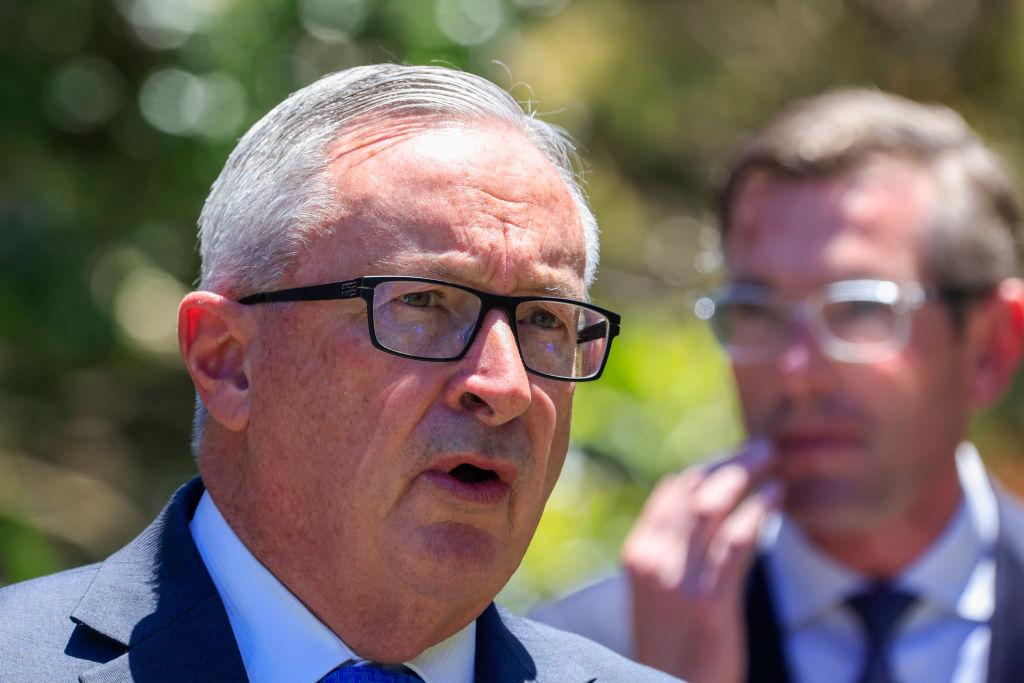A “reasonable proportion” of COVID-19 hospitalisations in the Australian state of New South Wales (NSW) are patients who were admitted to the hospital for other reasons but happened to test positive to routine COVID-19 virus in checks, according to the state’s Health Minister Brad Hazzard.
Hazzard revealed that many of the people “hospitalised” for COVID-19 are just testing positive after being admitted for other illnesses and injuries, such as heart attacks, broken bones, mental health problems, and even giving birth, the Daily Telegraph reported.




